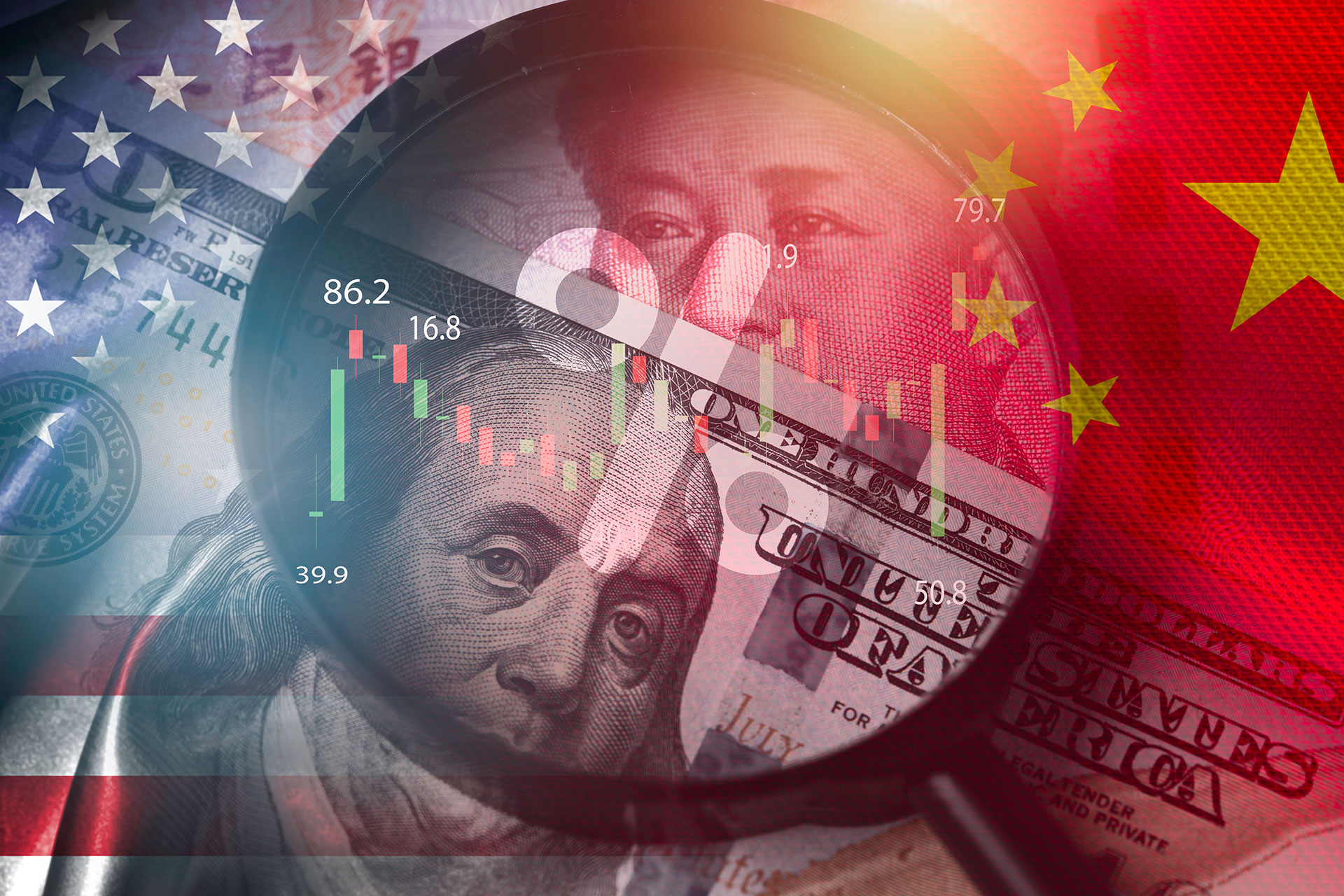How Black Friday lost its mojo
Holiday creep? Zombie marketing? Yikes. What’s going on with the supposedly unstoppable sales phenomenon? Marketing professor Darrin Duber-Smith explains.

So, will you be going to the Black Friday sales this year?
Darrin Duber-Smith: No, and neither will a lot of other people. The whole concept has lost its luster; the revenue is no longer so significant and people have become desensitized to the idea. Like any drug, the effect always wears off eventually and Black Friday just doesn’t really fire the shopping endorphins anymore.
Why has this happened?
DDS: Black Friday is meant to be a sales promotion. Basically that means offering discounts over a very limited time period to encourage more buying. But supposed Black Friday deals now start so early – I saw ads this year before Halloween – that the whole notion of a special sale has been lost. “Holiday creep,” I call it. Every year, the sale offers come out even earlier. And basically, it’s hard to get too excited about a Thanksgiving sale that started in mid-October.
A quick history lesson: How did we get to this point?
DDS: First, it’s useful to remember that Black Friday doesn’t really exist. It’s just a marketing term coined by the National Retail Foundation in the ‘80s that happened to take off in a big way. Then later, as online sales grew, Amazon created Cyber Monday. Next American Express came up with Small Business Saturday, which even at the time felt like scraping the barrel a bit. And finally, traditional retailers jumped on board by opening late on Thanksgiving itself. But there’s a definite sense now among consumers that the whole bloated concept has reached saturation point.
And yet Black Friday ads are still everywhere. Don’t retailers realize the party’s over?
DDS: That’s a good question. Black Friday is like a lifeless corpse that doesn’t know it’s dead, still shuffling along from year to year. Really, it’s zombie marketing. And the people still pushing the same old messages either don’t know that it’s all over, or they do and they’re just lazy. There are very few truly visionary people in the marketing industry and most are happy to just copy what seems to kind of work for others. So they will probably keep flogging the Black Friday idea until it totally collapses. But that will happen.
Presumably online shopping has had a big impact.
DDS: Online shopping has been a real game changer. While you can still find a few door-buster deals down at the mall, most retailers now match all their store prices online so consumers know they can get equally good deals while slouched on the sofa with a laptop.
Has social media also been a game changer?
DDS: Only to a point. Social media provides new and interesting ways to reach potential shoppers, and you can take bigger risks. But it’s just another form of PR and retailers should be wary of relying on it too much. Sure, it enables you to ping out lots of coupons, promotions and offers to thousands of people at no cost. But in this age of constant digital marketing, consumer fatigue is a real issue. When there’s so much stuff coming at you all the time, it ends up just being white noise.
How can traditional retailers fight back against the rise of online shopping?
DDS: They have to adapt or die. Take Best Buy: The company was ready to go out of business a couple of years ago, until it harmonized its online offer with its brick and mortar operation. Best Buy continued to provide good customer service, but their stores also started doubling as distribution centers for online orders. They realized you need to give customers a seamless shopping experience, whether they’re in your store or on a smartphone. Now everyone is copying their business model.

For a while, Black Friday became synonymous with chaotic scenes of angry shoppers. What was going on there?
DDS: That’s what marketers call the Scarcity Principle in action. Retailers deliberately built up a sense of excitement and panic by offering small numbers of heavily-discounted products within a strict time window. As a marketing tactic, it’s a pretty blunt instrument – and seems almost designed to encourage irrational behavior. Shoppers are generally laid back people, but cram enough of them together with a tiny supply of goods that they all really want, and someone just might punch your lights out for a TV.
Why did stores use such a crass approach?
DDS: Because while it worked, it made them lots of money. Obviously, no retailer is in the business of virtually giving away expensive TVs. But they knew that most bargain-hunting shoppers, once in the store, would be unable to resist also buying other products with much higher profit margins.
Are those days gone for good now, do you think?
DDS: Yes. Even just in the past few years, consumers have grown much more sophisticated and simply better at ignoring all the information that’s thrown at them. The combination of monthlong deals, online shopping options and a general sense of sales fatigue has changed the whole picture.
When might we see the end of Black Friday?
DDS: Maybe sooner than you’d expect. Think about it: The whole point of marketing is to make your offer stand out. So when something becomes ubiquitous, as Black Friday has, it is literally useless. It’s just not doing its job anymore.
Time for your crystal ball. What will be the next big marketing phenomenon?
DDS: Who knows? Maybe a new technological advance will suggest a new approach. Or there could well be a consumer-driven development that really takes off. In marketing, the future is always unknown. All I do know is that Black Friday is a busted concept. Literally, its day is done.







